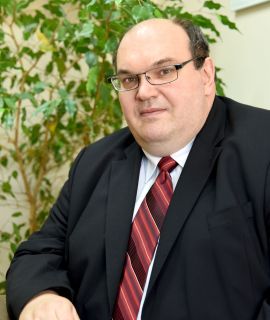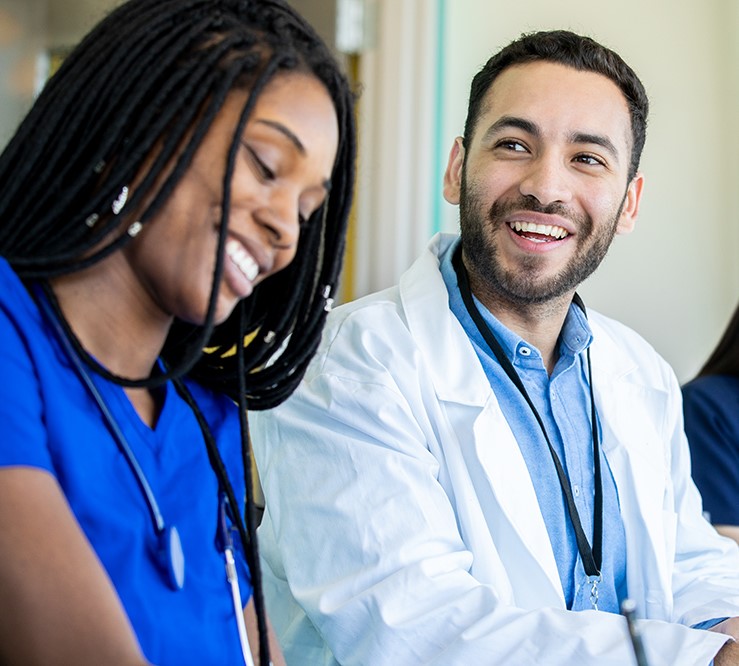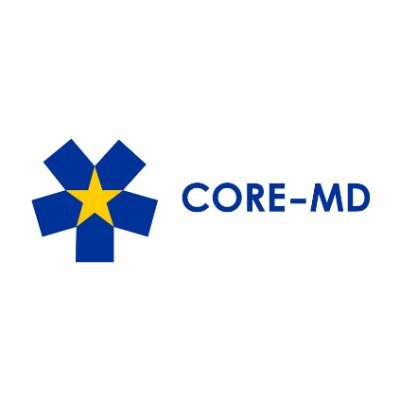ADOLESCENT HEALTH

Artur Mazur
Chair
Prof. Dr. Artur Mazur is a Full Professor at the University of Rzeszów and also a Vice-Rector for the Medical College of the University of Rzeszów. He obtained a Ph.D. from the Faculty of Medicine of the Medical University of Silesia in Katowice. For many years, he has been conducting research on endocrinology and diabetes in children, rare and very rare diseases in children in the Podkarpackie Voivodeship, and the role of nutrition in public health.
ABOUT
Adolescent Health
Strategic Advisory Group
The European Academy of Paediatrics (EAP) is the body of the UEMS (European Union of Medical specialists) which strives to promote the health of children and adolescents in Europe; one of its main mission is to secure adequate training of paediatric specialists. Around five years ago, the EAP has established a new strategic advisory group on adolescent medicine and health whose mission is to support initiatives in the field in setting up training initiatives and publishing recommendations for the health care of young people. There are many reasons that have led to the decision to have this advisory group.
- While most adolescents – defined as individuals aged 10 to 19 years – usually enjoy a good health, a substantial proportion are affected by diseases and health problems with potential long-term consequences.
- There is currently a growing awareness that health care professionals, namely paediatricians and GPs must acquire specific knowledge and skills, such as effective communication skills and a capacity to provide support and counselling in an appropriate way.
- Adolescents represent a growing part of the patients seen by paediatricians working in ambulatory care or in hospitals, and these patients often bring complex bio psychosocial issues such as chronic disorders or the consequences of unhealthy lifestyles.
AGENDAS
ADOLESCENT HEALTH AND MEDICINE
Meetings
Winter
2021 - 2025
2016 - 2020
Multidisciplinary Joint Committee on Adolescent Medicine and Health
(chair: Prof. P.A. Michaud)
Training objectives for UEMS specialists pertaining to the care of adolescents and young adults
(September 2022))
References website adolescent advisory group EAP
(September 2022)
Adol advisory group EAP 2018 survey on training in adolescent health & medicine
(September 2022)
DOCUMENTS
ADOLESCENT HEALTH AND MEDICINE Strategic Advisory Group
PRESS RELEASES
ADOLESCENT HEALTH AND MEDICINE Strategic Advisory Group
Rare Diseases The Child and The United Nations SDG3
Patient Solidarity Day
Health for all begins with health literacy


